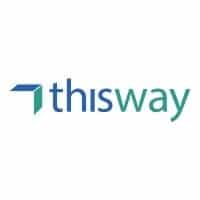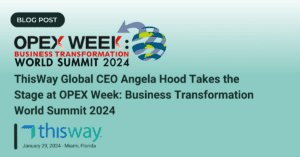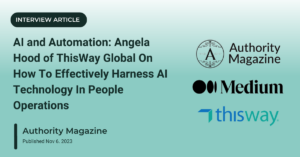Millions of people of all ages in the US alone deal with alcoholism and/or drug addiction. That is a lot of people, many of whom have extensive experience and knowledge in their fields. But it can be difficult hiring those addicts and alcoholics even if they’re in recovery. How do you gauge their commitment? How can you determine if they will do a good job? Why would you want to hire someone in recovery? Most importantly, how can you as their employer support them in their recovery?
Many people in recovery have an abstinence-based approach, therefore they are not likely to be out all night drinking, needing a “sick day” the following morning to nurse their hangover. There is also a sense of gratitude in giving them the opportunity to get their life back on track, which leads to a higher level of commitment in the workplace and loyalty to their employer. These can be invaluable traits in an employee, and many employers have reported hiring recovering addicts and alcoholics has had a beneficial impact on their business.
12-step meetings are a crucial part to maintaining peaceful sobriety. Having options for flexible work hours or working from home can make it easier to attend these meetings. If the space is available, holding on-site meetings during the lunch hour or right after closing time, can also benefit those working to maintain their sobriety. The key to this is to maintain anonymity, which is the “spiritual foundation” of any 12-step program, so holding this meeting in a low-traffic area that isn’t easily seen from outside the meeting room is best.
Encouraging employees to take scheduled breaks and vacations can also help employees maintain sobriety, as overworking is one of the biggest contributors to developing a substance abuse problem or relapsing. With regular breaks and vacations, stress is significantly reduced, and stress reduction plays a huge part in helping those in recovery stay sober.
Hosting an Employee Assistance Program (EAP) can give employees in recovery a confidential space to talk through issues that may arise in the workplace. These are usually staffed by professional counselors and provide short-term counseling, but it can make a huge difference in the well-being of your employees.
Alcoholism and addiction aren’t discriminatory diseases. People of all ages, careers, and walks of life can be taken over by these afflictions. That doesn’t mean they’re all of a sudden incapable of being an effective member of society, or a valuable employee in your company. Transparency with your candidates and employees on your company’s stance on recovery and sobriety can do a lot to make them comfortable being just as transparent.
Employing recovering addicts and/or alcoholics can contribute to their sobriety. Helping them reintegrate into society and providing a safe space to do so can be hugely beneficial to your company as well as your employees. Small steps can make a big difference.
https://www.drugabuse.gov/publications/drugfacts/nationwide-trends
https://www.niaaa.nih.gov/alcohol-health/overview-alcohol-consumption/alcohol-facts-and-statistics









